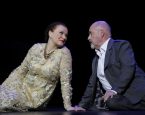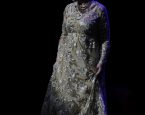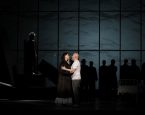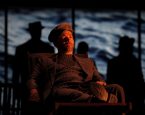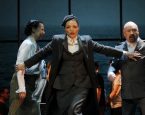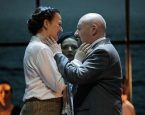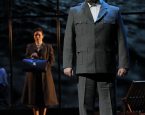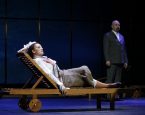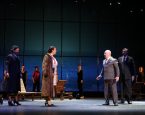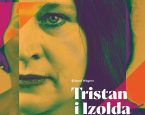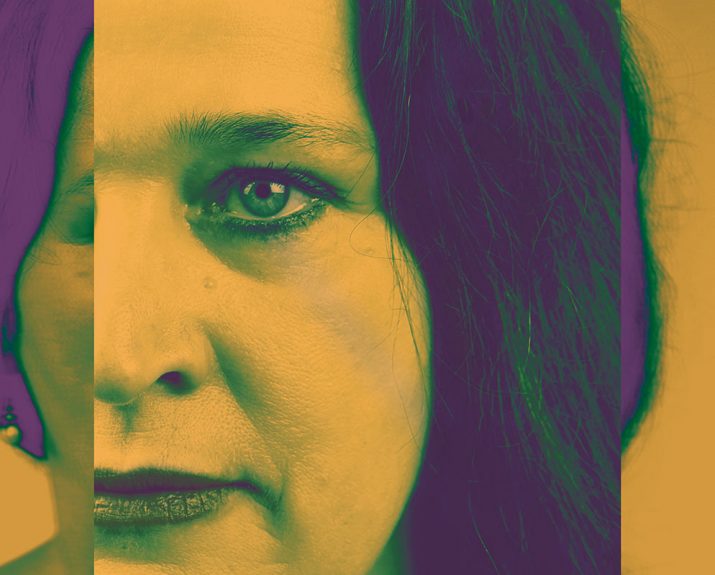
Premiere TRISTAN AND ISOLDERichard Wagner
Riječki simfonijski orkestar
It is the first time in its history that the Rijeka Opera produces an opera by Richard Wagner, namely, “The most courageous and original work in my life”, as Wagner himself wrote! Based on a medieval legend, the romantic musical tragedy in three acts on sublime love and death, Tristan und Isolde, has been assigned to the renowned American director Anne Bogart. The soloist cast is led by the impressive Maida Hundeling, the unforgettable Elektra in Rijeka, who in the two seasons is presenting two most significant and challenging soprano roles of the German opera repertoire. The opera Tristan und Isolde is one of the most extreme operas ever written. The beginning chord in the opening phrase is considered to be the beginning of modern music, after which chromaticism and dissonance were introduced into music. This opera discards conventional notions of time and space, so it is often due to unresolved suspensions that it is hard to recognise endings (and beginnings). The director wonders if it is possible to take the audience on a journey and deprive them of their own attachment to this (material) world. Can the audience symbolically drink the love potion together with Tristan and Isolde? This opera penetrates the vortex of unfulfilled yearnings, sexual lusts and painful unresolved tensions of the two pre-Freudian characters. Our production will invisibly travel from the literal, material world, into a subjective metaphysical sensibility, then back again to the material one, exploring Wagner’s words: “Life and death, the whole meaning of existence of the outside world, depends on the inner movements of the soul only.”
It has been suggested that Richard Wagner’s Tristan and Isolde is the most extreme opera ever written. The opening chord in the prelude is seen by many as the beginning of modern music, introducing chromaticism, dissonance and, according to the composter Arnold Schoenberg, even atonality. Generally, the opera jettisons conventional notions of time and space. It is often hard to know when anything will end due to the unresolved suspensions.
I wonder, is it possible to create a journey for audiences that stimulates a leap in which we too may leave our own attachments to this world and transcend into the next veil – light and dark, love and death? Can the audience symbolically imbibe the love potion along with Tristan and Isolde? Can we create a synesthetic world in which one does not know where the senses begin or end?
The dissonance between self and world is the central drama of Tristan and Isolde. The opera taps into the very human phenomenon of unfulfilled longing, sexual yearning and aching unresolved tensions in two pre-Freudian characters. Can self and world merge and cohere into a state of enlargement, encompassing all that may be known, felt and done? Our production will journey seamlessly from the literal, material world to subjective metaphysical sensibility and then back again, investigating Wagner’s own words, “Life and death, the whole meaning of existence of the outer world, hang on nothing but the inner movements of the soul.”



